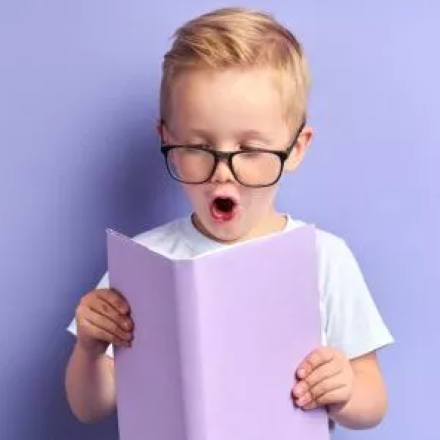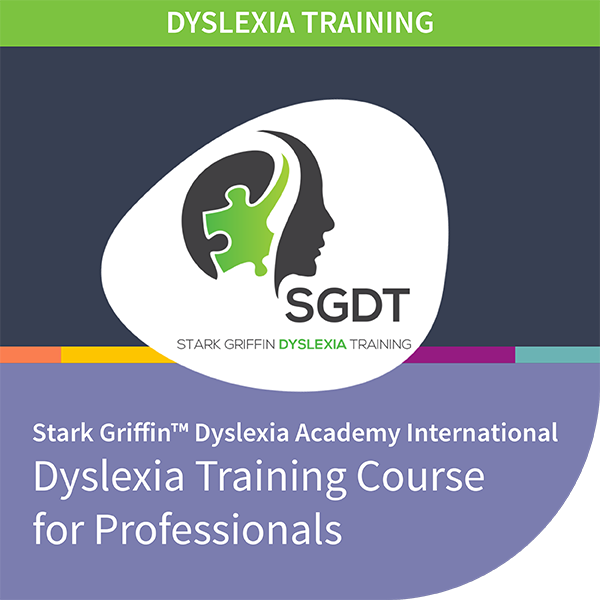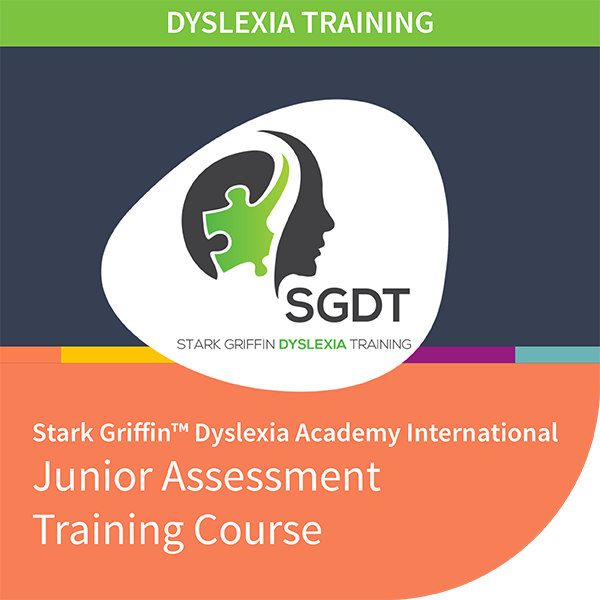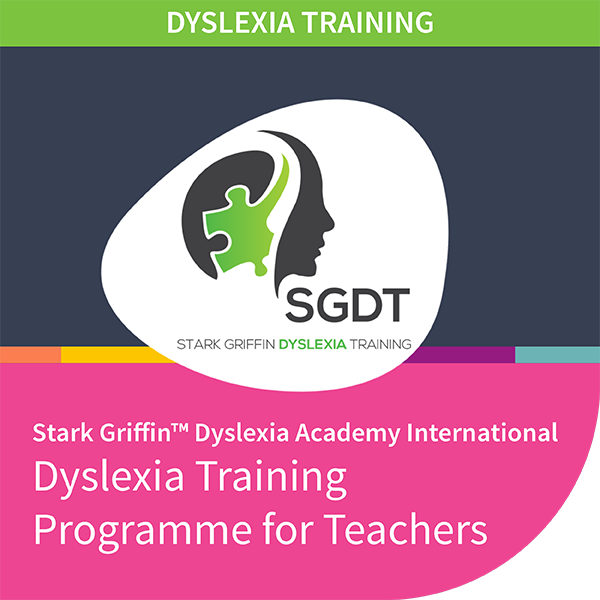
WHAT IS A SPECIFIC LEARNING DISORDER?
Specific learning disabilities affect a student's ability to listen, think, speak, write and spell. These students may also have trouble with reading comprehension skills as well as math operations such addition or subtraction.
dyslexia

Dyslexia is also called a specific reading disability and affects areas of the brain that process language. People with dyslexia have difficulty identifying speech sounds and learning how they relate back onto letters, words or even phrases because their brains process language differently than others do.
dysgraphia

Dysgraphia is a neurological disorder which impairs the ability to write and spell correctly and results in poor fine motor skills. This is a learning disability that affects children as well adults and has effects on all aspects including size/spacing between words, expression, legibility and spelling.
dyscalculia

Dyscalculia is a condition that results in difficulty understanding simple number concepts, lack an intuitive grasp of numbers and problems learning math facts or procedures. Even if they produce a correct answer or use a correct method, they may do so mechanically and without confidence.

STARK GRIFFIN DYSLEXIA ACADEMY ONLINE TRAINING COURSES
The incorporation of neuroscience of dyslexia in our training assists professionals and teachers to significantly impact the lives of children with dyslexia. Our teachers are trained in how they can better serve these students, and we offer parent training as well so you know what resources will work for your child at home!

The following professionals are allowed to take this course: Optometrists, Audiologists, Speech therapists, Psychologists & psychometrists. Once successfully completed professionals may offer services in screening and diagnosing specific learning disorders.

Registered professionals are allowed to register for this training and offer assessment services once successfully completed.

With over 5% of the population experiencing some form or other dyslexia, it is important for teachers to be aware and knowledgeable about this common learning disability. The SGDA's training course provides an in-depth understanding not only what exactly 'dyslexia' entails but also explains early indicators that may signal someone as having a problem with reading comprehension skills; they learn ways on how best assist these students so there can still have successful careers after graduation despite their struggles throughout childhood years!
WHO IS SGDA?

SGDA is the culmination of the diagnosis of Specific Learning Disorders in South Africa and since 2010 we have been working towards providing equal opportunities for every student, especially the dyslexic learner.
Eleven years of extensive research and determination has finally paid off. On 25 July 2019 the HPCSA (Health Professions Council of South Africa) classified, listed and acknowledged the STARK-GRIFFIN DYSLEXIA ASSESSMENT as the official standardized diagnostic instrument to diagnose and sub-categorize seven types and six severity levels of dyslexia. The Stark-Griffin Dyslexia Academy (formerly known as ‘Die Rooi Appel’) was founded by Sandra Stark and Marius Spangenberg in 2009.
Our conviction is that the advantages of specific learning disabilities far outweigh its associated challenges.
SGDA strives for excellence by raising the bar on diagnosis where centralized professional marking is done at head office preventing diagnosing irregularities as well as unwarranted recommendations for accommodations. The HPCSA as well as the DBE are advocates for this expert professionalism in diagnosing specific learning disabilities.
The Stark-Griffin Dyslexia Academy (SGDA) is a registered company that provides professional development and capacity building to individuals who work with the dyslexic population. We incorporate the neuroscience of dyslexia to enable HPCSA registered psychologists, psychometrists, audiologists, speech therapists, occupational therapists and optometrists to specifically diagnose dyslexia in seven categories and
six severity levels.
We foster the best practices of inclusive education to construct learning enrichment curricula and teacher training programs to assist and accommodate the learner who experiences barriers to learning. Our main focus at SGDA is the direct diagnosis of learning disorders.
